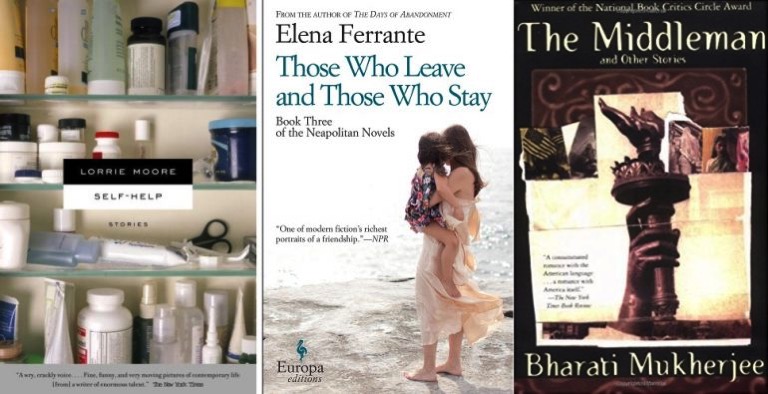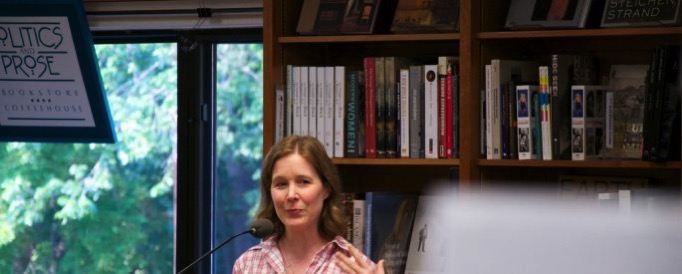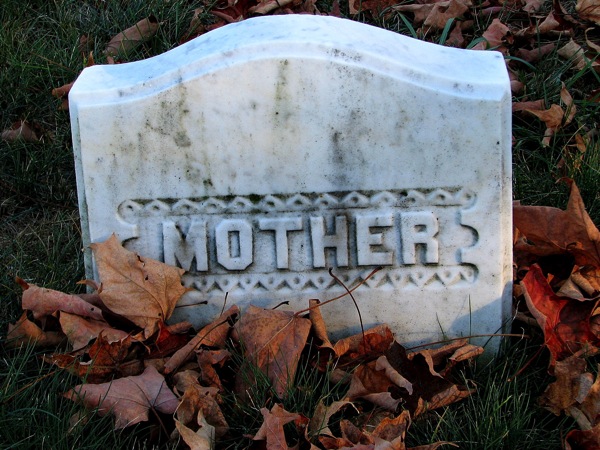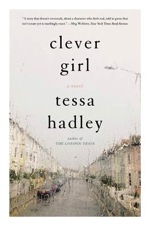
I first read Sophie’s Choice the summer after I graduated from college. I don’t know why I waited so long. I had spent large portions of my childhood compulsively reading Holocaust memoirs. My mother, a children’s librarian, made phone calls and drove me to libraries in other towns to find more. I had a strong preference for memoirs over fiction because I knew the narrator would survive. Almost everyone she loved would die, but she would live and eventually write the book I held in my hands.
In Sophie’s Choice, the narrator lives, but he’s not a Holocaust survivor. Stingo—an aspiring young novelist—is a white Protestant Southerner racked with guilt over slavery, the continuing subjugation of black people in his home state of Virginia, and the fact that although he enlisted to fight in World War II, he did so mainly to fight the Japanese, a foe characterized by Americans in a distinctly racist way. He meets Sophie, a Polish Catholic survivor of Auschwitz, in Brooklyn after the war.
Who was Stingo to write about the Holocaust, to tell Sophie’s story? And who was I, a Catholic growing up in a Boston suburb in the 1980s, to devour the distinctly Jewish stories told in the memoirs I read, to dwell on them as I did? I recognized in Stingo a shared, possibly inappropriate interest.
Read more at Ploughshares.




